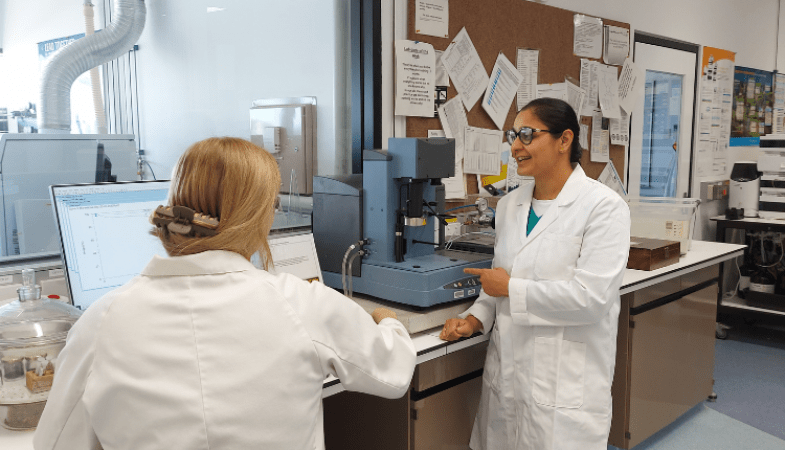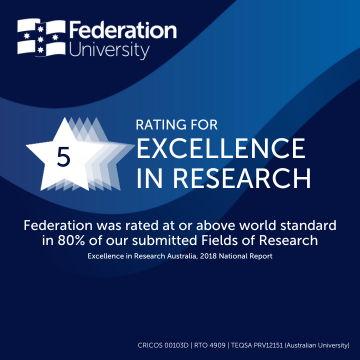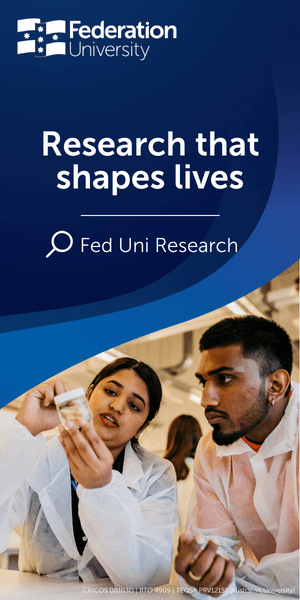It’s an iconic image: tractors working a vast expanse of farmland, dust flying. But, while crucial for farming, they contribute to a troubling carbon footprint. Australia’s agricultural sector is essential to the economy, exports and food security. It is also the second-largest emitter of greenhouse gasses.
“Currently, all tractors run on diesel and that has to change,” says Dr Surbhi Sharma, Associate Professor of Hydrogen Technologies at Federation University’s Gippsland campus.
Through collaboration and industry partnerships, Assoc Prof Sharma and her research group are driving that change - towards affordable green energy to generate jobs and growth in regional Victoria.
“We’re looking at a once-in-a-lifetime opportunity for energy transition. Hydrogen is an important part but it can’t happen just in the cities.”

Assoc Prof Sharma is excited by new knowledge. Study in physics, nanoscience and electrochemistry led to a passion for green energy technology research, particularly revolutionary carbon materials. Post-doctoral research at the University of Birmingham helped her to see how her materials could make cheaper, more effective fuel cells, batteries or energy systems.
“When I got to know the ‘big picture’ of hydrogen technologies, I understood how my research can contribute to renewable energy for the future,” she says.
But when she arrived at Federation University in 2022, Australia’s hydrogen industry was trailing the world, plagued by lack of interest and investment.
“With my experience in hydrogen technologies, I know some of these things are being researched elsewhere in the rest of the world,” she says. “Eventually, these technologies will reach a point where they can be commercialised and tested. If Australia wants to lead in this space, there’s a lot of work ahead.”
Federation University’s deep regional and rural ties, as well as research expertise, are fuelling Assoc Prof Sharma’s critical conversations with government, industry, farmers and students about hydrogen’s potential outside big cities.
With funding from Australian Carbon Innovation and an industry partner, her team is developing ways to turn brown coal into battery components, and will also be working with CSIRO-Clayton and Foton Mobility on the project to power tractors using hydrogen. The complex problem-solving blends data-collection and a deep understanding of weather conditions and agriculture with engineering innovation to adapt existing tractors to run without an internal combustion engine.
Both projects, plus others she’s keen to develop – making hydrogen from wastewater and seawater, for example – are rich in potential for students and researchers, but also as drivers of prosperity and change in rural Australia.
“There’s a focus on energy transition everywhere; we need new ideas to come from the next generation’s fresh brains.”
Looking to further your research career in hydrogen and renewable technologies? Contact Assoc Prof Sharma today at surbhi.sharma@federation.edu.au.



















